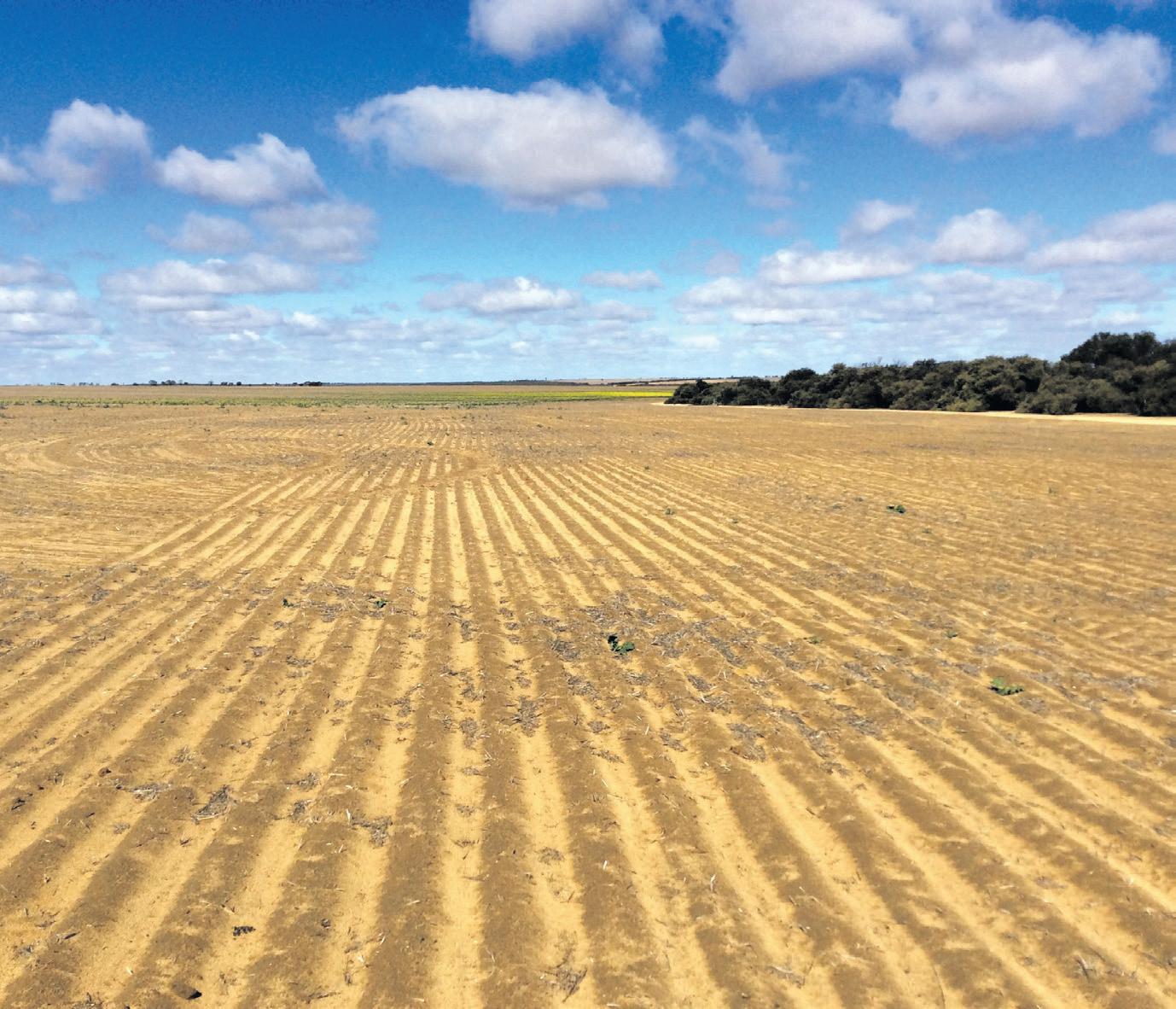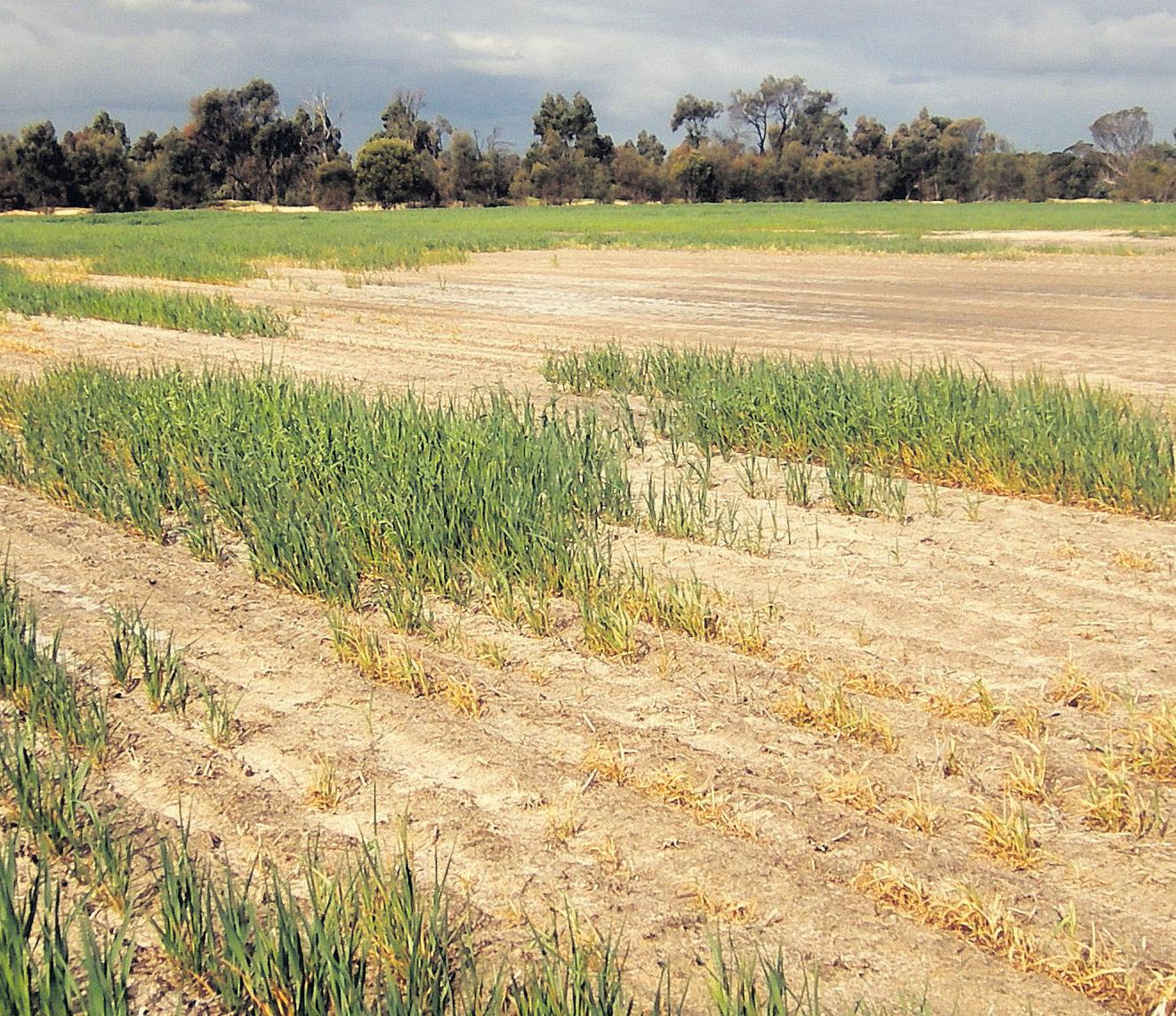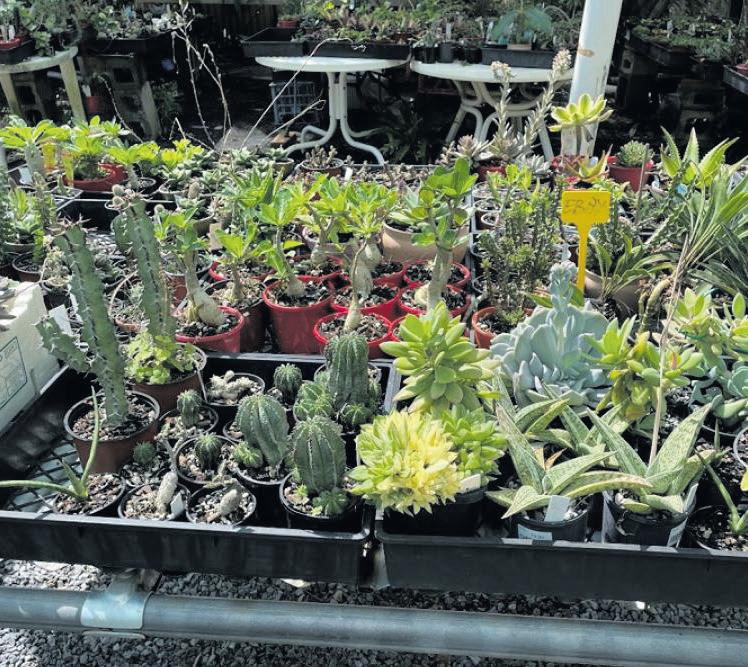
1 minute read
Weather bureau confrms what farmers are already experiencing - it’s getting hot and dry
Farmers for Climate Action
Farmers for Climate Action is calling for urgent action to limit climate change as it emerges farmers are offcially facing an El Niño weather pattern after three years of La Niña.
The Bureau of Meteorology today declared Australia is offcially in an El Niño weather pattern, meaning warmer drier conditions are more likely for south-eastern Australia, and this will be made more extreme by climate change.
Already some farmers, including Farmers for Climate Action member Peter Lake who farms near Grafton on the NSW North Coast, are offcially in drought conditions after battling foods 12 months ago.
“It turned from mud to concrete in a couple of weeks and suddenly everything was just dry. From food to drought, climate change is making the changes more extreme,” Mr Lake said.
Farmers for Climate Action Chair Brett Hall, who farms in the Derwent Valley in Tasmania, said many farmers were concerned about the possibility of warmer, drier conditions and increased weather variability for eastern Australia this spring and summer.

“Although some farmers have had reasonable conditions recently, we know things can change in a few months.”
Mr Hall said that Australian farmers are great at adapting, but that ultimately we need to address the driving cause of climate change - emissions.
“Farmers are always looking three steps ahead to the next event but there are limits to their adaptation. While we adapt and mitigate on-farm, we need to know the rest of the economy is doing its bit to reduce emissions and tackle climate change, which is causing more frequent and severe weather events.”
Farmers for Climate Action, an organisation representing 8000 farmers, hosted a webinar “El Niño explained” in July bringing together a range of speakers, including from the BoM and Birchip Cropping Group to help farmers prepare.

Three individuals have been penalised after an attempt to import succulents was intercepted by the Department of Agriculture, Fisheries and Forestry.

Deputy Secretary of Biosecurity Dr Chris Locke said these outcomes are a warning to anyone who ignores Australia’s biosecurity laws.
“We have three individuals who had the potential to seriously endanger Australia’s environment through the illegal importation of a high volume of succulents from overseas,” Dr Locke said.
“The plants were discovered in packages that had been misdeclared in order to circumvent the department’s biosecurity controls.
“Some of the plants imported were considered high-risk as they could have been carrying dangerous pathogens, including Xylella fastidiosa. Others in the collection










